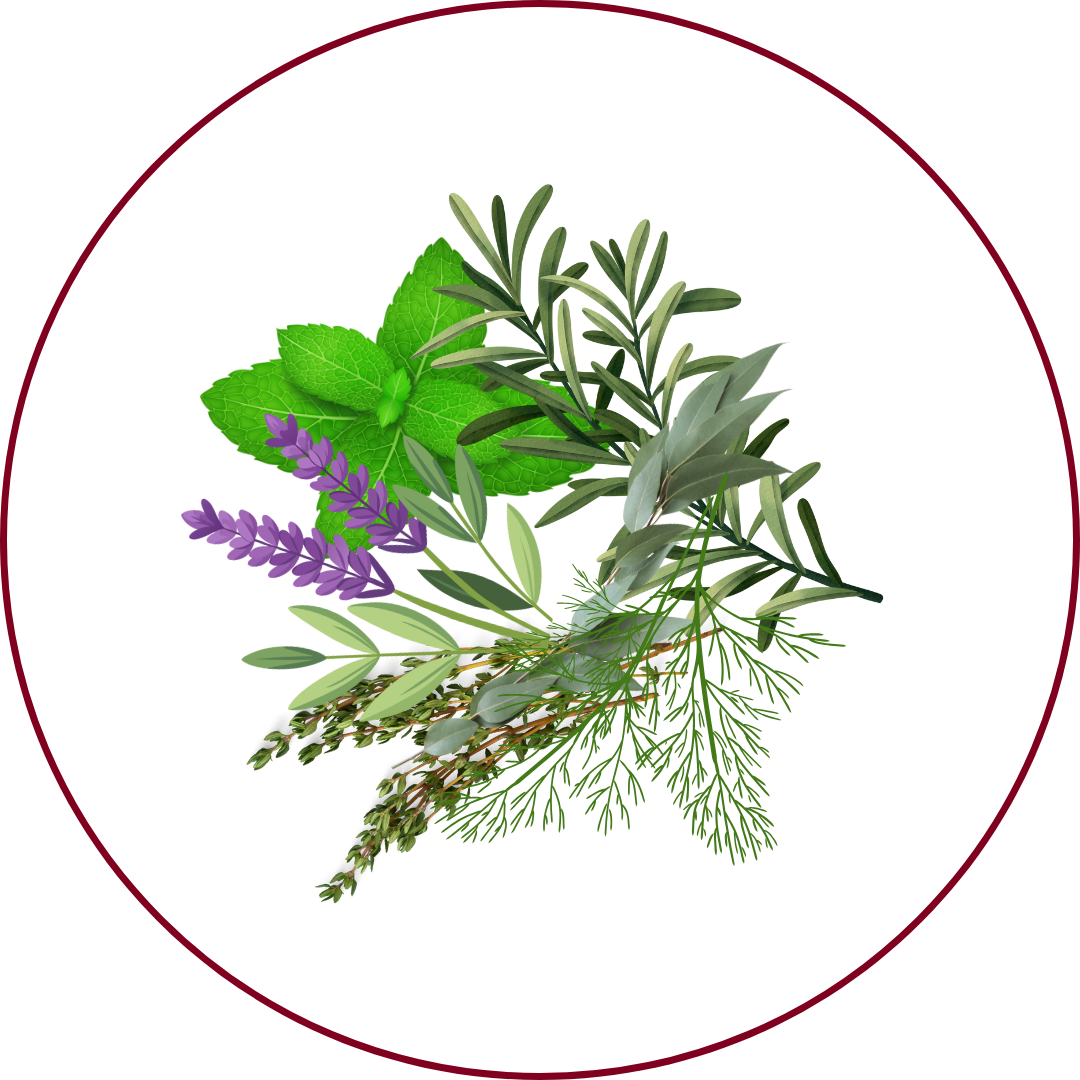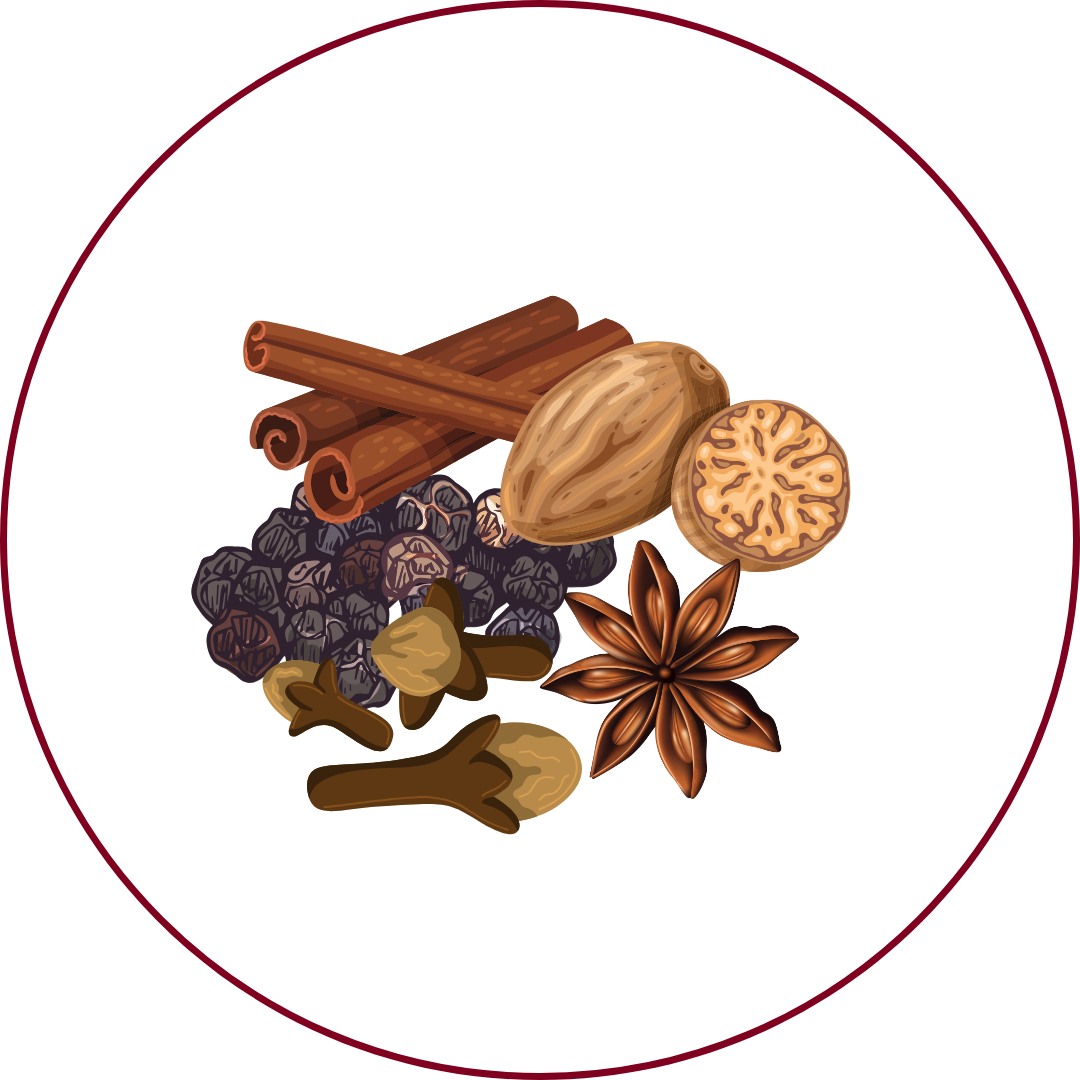Grape Variety
Corvina
"kor-VEE-nah"
Wine Styles
 Sparkling
Sparkling Light White
Light White Full White
Full White Aromatic
Aromatic Rosé
Rosé Light Red
Light Red Medium Red
Medium Red Full Red
Full Red Dessert
DessertAbout Corvina
Origin
Veneto, Italy
History
Corvina is an Italian red wine grape variety primarily grown in the Veneto region of northeast Italy. It is a key component in the production of Valpolicella and Bardolino wines, often blended with Rondinella and Molinara. Corvina is known for its thick skins, which make it suitable for the appassimento drying process used in Amarone and Recioto wines. The grape's high acidity and moderate tannins contribute to the aging potential of these wines.
Appearance
Medium-sized, thick-skinned, blue-black berries growing in loose clusters.
Growing Traits
Corvina is a late-ripening variety with thick skins, making it suitable for the appassimento drying process. It is often noted for its lack of color and tannins, a characteristic emphasized by the fact that it is so commonly overcropped. In their youth, Corvina-based wines are comparable to Beaujolais, while appassimento styles are richer and fuller.
Wine Characteristics
Body
3/5
Sweetness
1/5
Tannin
3/5
Acidity
5/5
Alcohol
4/5
Medium-bodied with a bright and vibrant profile, offering red fruit flavors and moderate structure. Typically dry, though sweeter styles like Recioto are also produced, showcasing its versatility. Moderate tannin levels, providing structure without being overly astringent. High acidity, contributing to freshness and longevity, enhancing its food-pairing versatility. Moderate to high alcohol content, typically ranging between 12% and 15%, depending on the wine style.
Taste Profile

Red Cherry

Plum

Herbal

Spice

Almond
Corvina wines are characterized by red fruit flavors such as red cherry and plum, complemented by herbal notes and a touch of spice. The high acidity balances the fruit and herbal characteristics, leading to a crisp and refreshing finish. In appassimento styles like Amarone, flavors become more concentrated, with notes of dried fruits, chocolate, and coffee.
Food Pairing
Corvina's high acidity and red fruit flavors make it a versatile partner for various dishes. It pairs well with tomato-based dishes like spaghetti bolognese or Margherita pizza. The slight spiciness also complements cured meats and antipasti. For richer styles like Amarone, consider pairing with roasted meats, aged cheeses, or hearty Italian pasta dishes.
Growing Regions

Italy
Veneto

Argentina
Mendoza
Notable Wines & Producers
Amarone della Valpolicella
Allegrini
Quintarelli
Valpolicella Classico
Tommasi
Masi
Bardolino
Guerrieri Rizzardi
Zenato
Corvina FAQ
Common questions about this grape variety
What is the origin of Corvina?
+
Veneto, Italy
Is Corvina wine full bodied?
+
Corvina has a body level of 3 out of 5. Which means that Corvina is Moderate bodied.
Is Corvina wine dry or sweet?
+
Corvina has a dryness level of 1 out of 5. Which means that Corvina is Dry.
Where is Corvina wine from?
+
Veneto, Italy
Where is Corvina grown?
+
Corvina is grown in Italy (Veneto)Argentina (Mendoza).
What is Corvina like?
+
Corvina wines are characterized by red fruit flavors such as red cherry and plum, complemented by herbal notes and a touch of spice. The high acidity balances the fruit and herbal characteristics, leading to a crisp and refreshing finish. In appassimento styles like Amarone, flavors become more concentrated, with notes of dried fruits, chocolate, and coffee.
What does Corvina pair with?
+
Corvina's high acidity and red fruit flavors make it a versatile partner for various dishes. It pairs well with tomato-based dishes like spaghetti bolognese or Margherita pizza. The slight spiciness also complements cured meats and antipasti. For richer styles like Amarone, consider pairing with roasted meats, aged cheeses, or hearty Italian pasta dishes.
What does Corvina taste like?
+
Corvina wines are characterized by red fruit flavors such as red cherry and plum, complemented by herbal notes and a touch of spice. The high acidity balances the fruit and herbal characteristics, leading to a crisp and refreshing finish. In appassimento styles like Amarone, flavors become more concentrated, with notes of dried fruits, chocolate, and coffee.
Take Corvina Knowledge with You
Access detailed grape profiles, tasting notes, and pairing suggestions on your iPhone.
Download on theApp Store